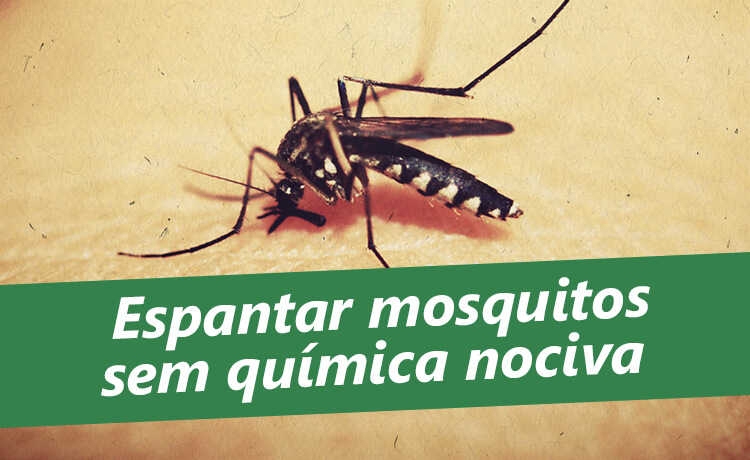Dog meat should be banned in China
Project released by the Ministry of Agriculture cites concern with animal welfare and prevention of disease transmission as factors behind the movement

Image: Treddy Chen on Unsplash
The Chinese government this week released a bill that bans the consumption of dog meat in the country. The local Ministry of Agriculture works on such a policy and cited the “progress of human civilization” as well as the growing concern for animal welfare and the prevention of animal-to-human disease transmission.
- What are zoonoses?
China's Ministry of Agriculture and Rural Affairs works on a “white list” of animals authorized for breeding as meat. In this project, canines appear expressly as prohibited. The ministry called the dogs a "special companion animal," noting that they are not seen internationally as a breeding stock.
The city of Shenzhen recently passed mainland China's first ban on the meat of dogs and cats, a move that has given hope to animal welfare groups around the world that other parts of the country could soon do the same. The new policy project strengthens this idea.
"It's the first time a ministry has signaled that dogs are not food animals," Paul Littlefair, international head of the Royal Society for the Prevention of Cruelty to Animals, told the newspaper The Guardian. "[It] leaves the door open for local governments to follow the example of Shenzhen City."
While not officially a ban on dog meat, the Ministry of Agriculture's draft policy could be a "decisive moment for animal welfare in China," said Wendy Higgins of China. Humane Society International (HSI), to The Guardian.
"This signals a major shift, recognizing that most people in China do not eat dogs and cats and want an end to pet theft for a meat trade that only a small percentage of the population engages in." , declared Higgins.
THE Humane Society International estimates that between 10 and 20 million dogs are killed in China for their meat annually, while the Animals Asia estimates the number of cats at about 4 million a year. “Most of these are stolen animals and not bred in captivity,” said Higgins.
According to the activist, this not only causes enormous suffering to animals, but it is also an industry almost entirely fueled by crime. In addition, Higgins says that perhaps the most significant at the moment is the undeniable threat to human health that the consumption of meat from these animals represents, with the risk of transmitting diseases such as rabies and cholera.
If left unaltered after the public comment period ending May 8, the list updated by the Chinese Ministry of Agriculture will include several new species of wild animals released for breeding in accordance with animal husbandry laws.
The wildlife trade has been suspended since late January, in response to the Covid-19 outbreak, which appears to have sprung from the formal or illicit wildlife supply chain. If this suspension is revoked, animals such as deer, game birds, two types of foxes and others considered wild must have their captive breeding released.
In addition to banning the breeding and trade of dog meat, activists hope the Chinese government will go even further. Peter Li, China policy expert at HSI, told the The Guardian which considers the listing of wild animals, including foxes and raccoon dogs, as animals released for breeding worrisome.
"Make one rebranding Wildlife as a farm does not alter the fact that there are insurmountable challenges to maintaining these species in agricultural environments where their welfare needs simply cannot be met. In addition, there is clear evidence that some of these species can act as intermediate hosts for viruses, such as the new coronavirus, which is why we are asking China and all governments to stop trading wild animals,” Li said.










